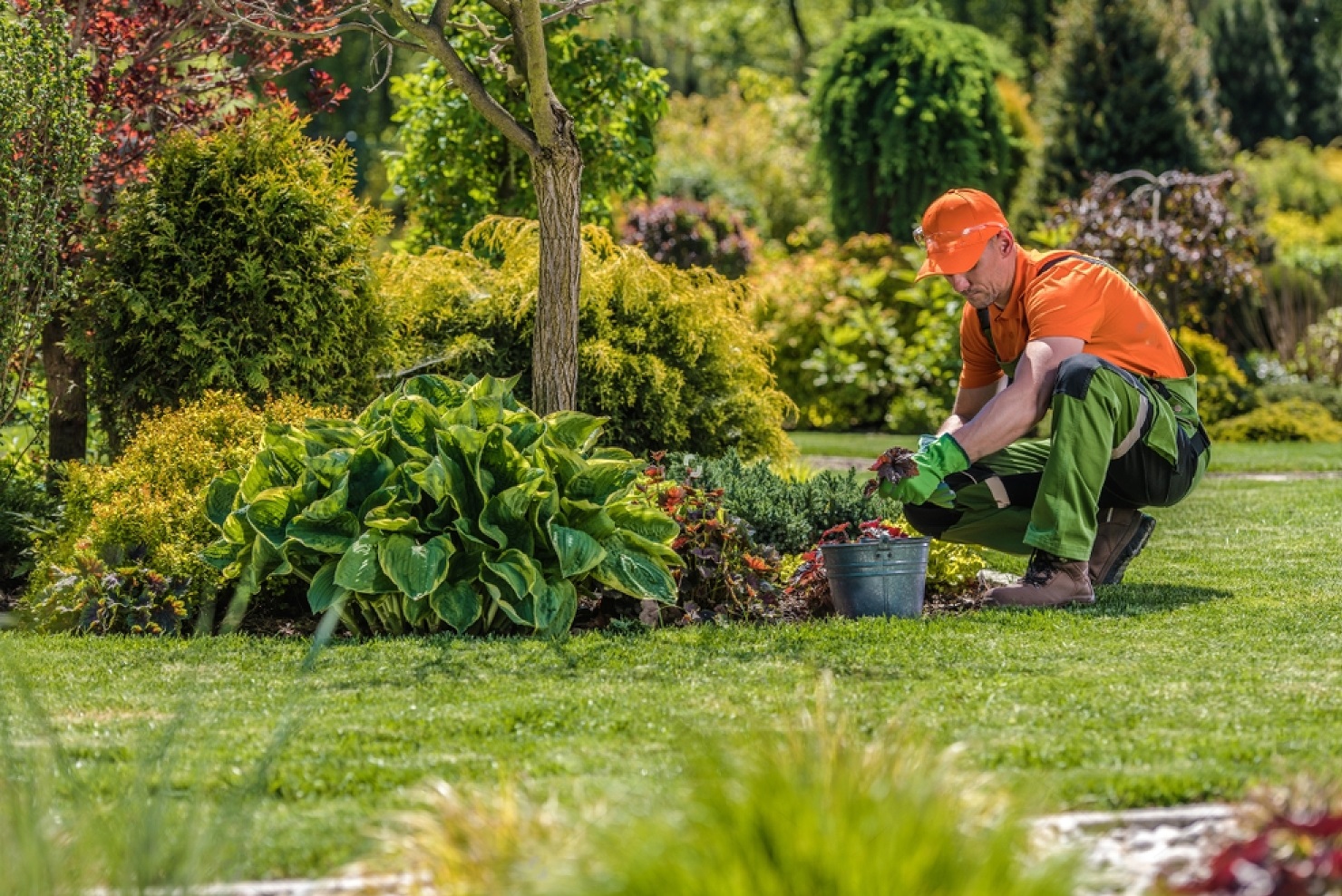Gardening is a gratifying pursuit that rewards us with beauty, nourishment, and a profound connection to nature. Whether you’re cultivating a colorful flowerbed or growing your own fruits and vegetables, the key to a thriving garden lies beneath the surface – in the health of the soil. In this blog post, we’ll explore why soil health is crucial in landscape maintenance and how nurturing your garden from the ground up can lead to bountiful harvests and vibrant landscapes.
Understanding Soil Health
Soil health refers to the capacity of soil to sustain biological productivity, maintain environmental quality, and promote plant and animal health. Healthy soil is teeming with life, from microscopic bacteria to earthworms, and it provides a hospitable environment for plant roots to thrive. The components of healthy soil include its texture, structure, pH level, and organic matter content, all of which play vital roles in supporting plant growth and vitality.
Benefits of Healthy Soil
The benefits of healthy soil extend far beyond the surface of your garden. By nurturing soil health, you can expect:
- Improved Plant Growth and Vigor: Healthy soil provides plants with the essential nutrients they need to grow strong and resilient. Nutrient-rich soil fosters robust root development and supports lush foliage and abundant blooms.
- Enhanced Water Retention and Drainage: Well-structured soil with good organic matter content has optimal water-holding capacity, ensuring that plants receive adequate moisture while preventing waterlogging and runoff.
- Increased Resistance to Pests and Diseases: Healthy soil promotes a balanced ecosystem underground, including beneficial microbes and organisms that help suppress pests and diseases, reducing the need for chemical interventions.
- Contribution to Environmental Sustainability: Healthy soil acts as a carbon sink, sequestering carbon dioxide from the atmosphere and mitigating climate change. Additionally, it reduces the risk of soil erosion, conserves water resources, and supports biodiversity.
Assessing Soil Health
Assessing soil health is the first step in understanding and improving the quality of your garden soil. There are various methods for assessing soil health, ranging from DIY soil testing kits to professional laboratory analysis. These tests measure important parameters such as pH level, nutrient levels, soil structure, and organic matter content. Interpreting the results of soil tests allows you to identify any deficiencies or imbalances and take targeted actions to address them.
Nurturing Soil Health
Maintaining soil health requires proactive measures to replenish nutrients, improve soil structure, and foster a thriving soil ecosystem. Key strategies for nurturing soil health include:
- Soil Amendment Techniques: Incorporate organic matter into the soil through composting, mulching, and cover cropping to improve soil structure and fertility.
- Proper Irrigation Practices: Practice efficient irrigation techniques to ensure that plants receive adequate moisture without water wastage or soil compaction.
- Crop Rotation: Rotate crops seasonally to prevent soil depletion and minimize the buildup of pests and diseases.
Maintaining Soil Health in the Long Term
Sustaining soil health is an ongoing endeavor that requires regular monitoring and maintenance. To preserve soil health in the long term:
- Regular Soil Testing: Periodically test your soil to monitor nutrient levels and pH balance, making adjustments as needed to optimize soil fertility.
- Incorporate Organic Matter: Continuously replenish soil organic matter through the addition of compost, leaf litter, and other organic materials to support microbial activity and nutrient cycling.
- Sustainable Gardening Practices: Adopt sustainable gardening practices such as minimizing soil disturbance, practicing crop diversity, and implementing erosion control measures to preserve soil health and ecological balance.
Takeaway
Soil health is the foundation of a successful garden and plays a critical role in landscape maintenance. By prioritizing soil health and implementing nurturing practices, you can create a thriving ecosystem that supports plant growth, conserves resources, and promotes environmental sustainability. So, let’s roll up our sleeves, dig into the dirt, and nurture our gardens from the ground up – because healthy soil means a healthier planet for all.











